
Mabel Bowden Howard was a well-known New Zealand trade unionist and politician. She was the first woman secretary of a predominantly male union.
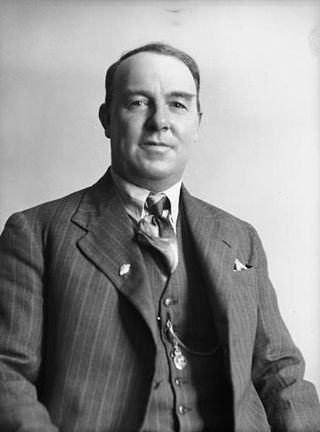
Sir Robert Mafeking Macfarlane was a New Zealand politician of the Labour Party. He was a Member of Parliament, served as Speaker of the House of Representatives and was a Mayor of Christchurch.
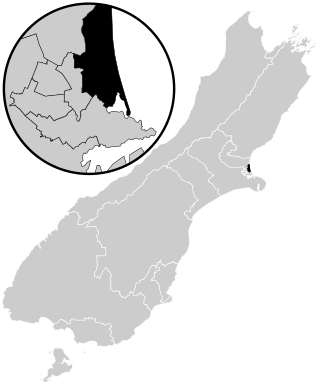
Christchurch East, originally called Christchurch City East, is a current New Zealand parliamentary electorate. It was first created for the 1871 election and was abolished for two periods, from 1875–1905 and again from 1946–1996. It was last created for the introduction of the MMP voting system for the 1996 election. The current MP is Reuben Davidson, a member of the New Zealand Labour Party who was first elected in the 2023 New Zealand general election.

Nelson is a New Zealand parliamentary electorate, returning one Member of Parliament to the House of Representatives of New Zealand. From 1853 to 1860, the electorate was called Town of Nelson. From 1860 to 1881, it was City of Nelson. The electorate is the only one that has continuously existed since the 1st Parliament in 1853.
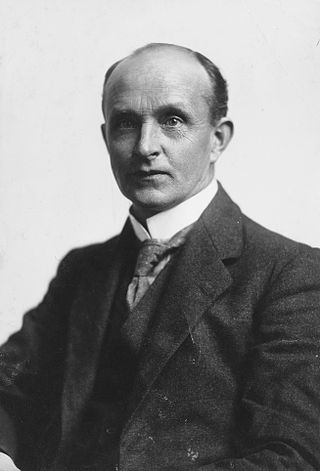
James (Jimmy) McCombs was a New Zealand Member of Parliament for Lyttelton.
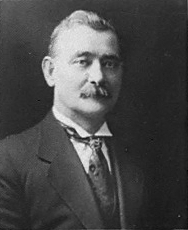
Ted Howard, born as Edwin John Harney, was a New Zealand politician of the Labour Party, and the father of cabinet minister Mabel Howard. He had been a prominent member of the New Zealand Socialist Party, a precursor to the Labour Party.
Avon is a former New Zealand parliamentary electorate. It was created for the 1861 general election and existed until 1996. It was represented by 13 Members of Parliament and was held by Independents, Liberal Party or Labour Party representatives.
Lyttelton is a former New Zealand parliamentary electorate. It existed from 1853 to 1890, and again from 1893 to 1996, when it was replaced by the Banks Peninsula electorate.
Motueka is a former New Zealand parliamentary electorate. It was first created in 1860 and existed until the 1890 election, when it was abolished. For the 1896 election the Motueka electorate was recreated, and lasted until the 1946 election, when it was again abolished.
Kaiapoi was a rural New Zealand electorate, north of Christchurch in the Canterbury region of New Zealand from 1861 to 1946. It was represented by twelve Members of Parliament.
Christchurch South was a parliamentary electorate in the city of Christchurch, New Zealand from 1881 to 1890 and then from 1905 to 1946.

Melville Edwin Lyons, sometimes called Tiny, was briefly a Reform Party Member of Parliament in New Zealand until his election was declared void. A journalist by trade, he became involved in local politics in Christchurch after having served in WWI. He was Deputy Mayor of Christchurch for six years under mayor Ernest Andrews.
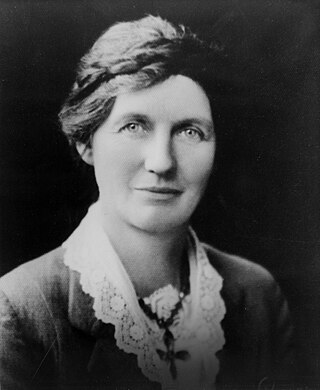
The Lyttelton by-election of 1933 was a by-election held during the 24th New Zealand Parliament in the Christchurch electorate of Lyttelton. It is notable for being won by Elizabeth McCombs of the New Zealand Labour Party, who became the first woman to be elected to the New Zealand Parliament. This by-election was therefore seen as a milestone in Women's suffrage in New Zealand.

The 1943 Christchurch East by-election held on 6 February was caused by the death of Tim Armstrong during the term of the 26th New Zealand Parliament. The by-election in the Christchurch East electorate was contested by five candidates, including representatives from the Labour Party, the Labour breakaway party Democratic Labour Party and the National Party. The election was won by the Labour candidate, Mabel Howard, and started her long parliamentary career, which included her becoming the first female cabinet minister in 1947.

The 16th New Zealand Parliament was a term of the New Zealand Parliament. It was elected at the 1905 general election in December of that year.

The 23rd New Zealand Parliament was a term of the New Zealand Parliament. It was elected at the 1928 general election in November of that year.

The 26th New Zealand Parliament was a term of the New Zealand Parliament. It was elected at the 1938 general election in October of that year.
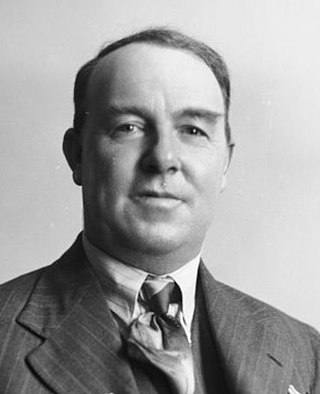
The 1938 Christchurch City mayoral election was held on 11 May. The incumbent, John Beanland of the Citizens' Association, failed to get the nomination by his party and the surgeon Dr. John Guthrie was nominated instead. The Labour Party nominated Robert Macfarlane. Both the Labour and conservative candidate had been members of Christchurch City Council for some years. Macfarlane narrowly won the mayoralty.

The 1944 Christchurch City mayoral election was held on 27 May. The incumbent was Ernest Andrews of the conservative Citizens' Association. Andrews was challenged by his predecessor, Robert Macfarlane, of the Labour Party, who had returned from active war service. Andrews won by a large majority.















